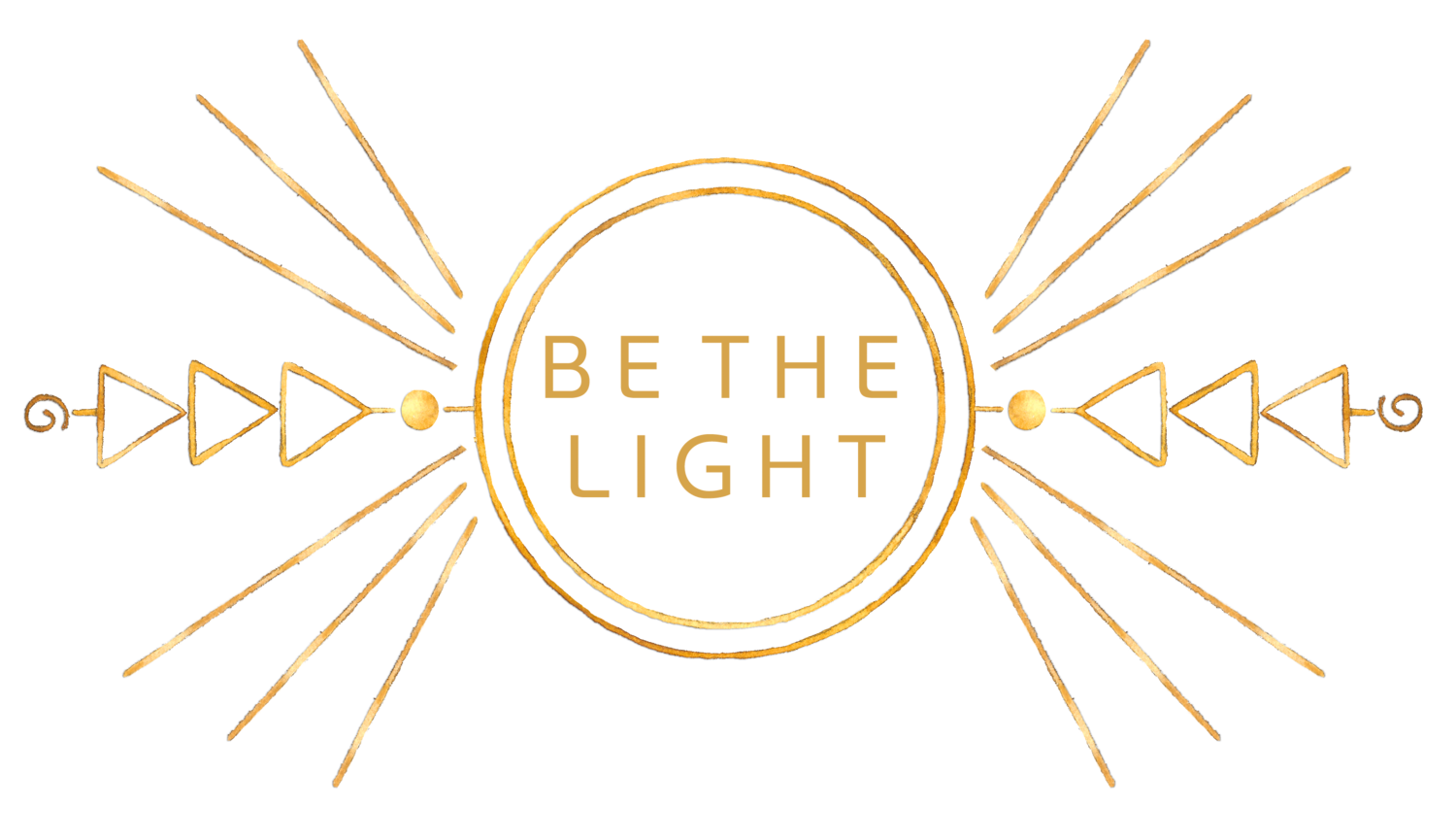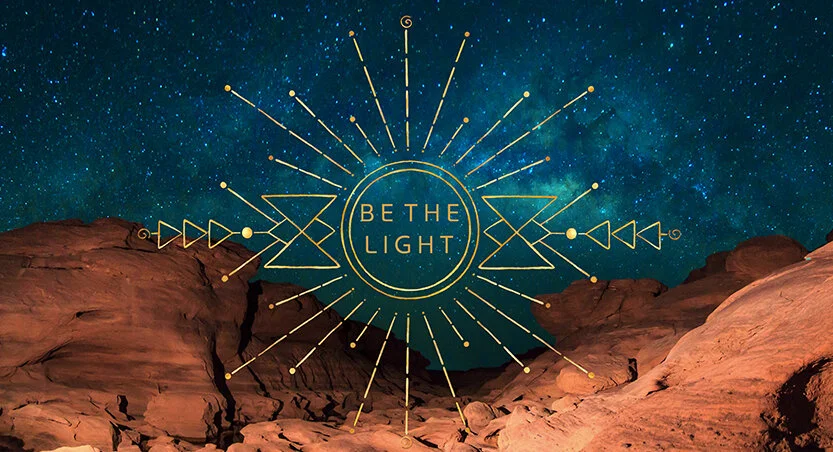I recently received some questions about my work, as well as how non-Native people can access shamanic work in an ethical way, so I decided to make a video about this topic.
I believe it’s important to do your research before you partake in training, healing, and ceremonial work- whether its being called shamanism or is simply being called “spiritual” etc. I realize that some people may bristle at this suggestion because this has become a heated debate and perhaps you got caught in the crossfire of some upsetting exchanges on this topic.
If that’s the case, I’m sorry that you experienced that, but nonetheless, cultural appropriation IS indeed very important and it’s something that we must understand to ensure that our efforts to heal ourselves and others truly honor every person and every culture. We must be mindful as not to take from cultures that never intended for their work to be accessed by those outside their ancestry.
FIND THE RIGHT SHAMANIC LINEAGE fOR YOU
No matter where your ancestors are from, I guarantee you that the shamanic traditions and practices of your lineage are rich! I urge you to research the shamanic practices and culture of your ancestry. What is their sacred music? How do they practice shamanism? Where did they live originally, and where are they now? What challenges have they faced? What are their art forms? What animals were sacred to them? What foods, beverages, herbs and medicines were (and are) culturally significant for them? What patterns, materials, colors and clothing do they wear?
Additionally, consider learning or partaking in offerings within Core Shamanism. The Foundation For Shamanic Studies is a wonderful place to start. I highly recommend watching the documentary “The Way of The Shaman: The Work of Michael and Sandra Harner”. Sandra Ingerman’s work is such a wonderful contribution as well.
WHO SHOULD CALL THEIR WORK “SHAMANIC”? WHO SHOULD CLAIM THE TITLE “SHAMANIC PRACTITIONER”?
There is a lot of confusion around who should or shouldn’t call their work “shamanic”, and this sometimes results in spiritual practitioners offering shamanic work under the guise of something else. I personally don’t think that words and phrasing gets to the root of the potential problem of cultural appropriation that well intending practitioners are trying to avoid though.
I think the more important things to look at when choosing words, phrases and titles are to represent your practices are: what are you offering? Are you using shamanic practices as you received them from your human and helping spirit teachers, or are you cocktailing the tools with non-shamanic practices? (Sidenote- I think “cocktailing” practices is great! Since shamanism in its pure form is not going to resonate with everyone, a more cognitive/Western/modern framing is a wonderful offering. But I don’t think you should call that shamanism. IMHO.)
Other questions to ponder when choosing proper words and phrasing include: were the shamanic tools you use meant to be shared with you? Because some cultures believe they’re meant to share their shamanic wisdom while others don’t. How much training do you have with human teachers in which you were ONLY learning shamanism? Were those teachers shamans and/or shamanic practitioners themselves? Have you trained extensively with your helping spirits? Do you have AMPLE experience getting results for other people using your shamanic work? Is your way of life aligned with shamanic principles? Is your shamanic work separate from your “normal” life, or are they one in the same? Do you dedicate yourself to nurturing and deepening your relationships with your spirit helpers, even when you don’t need anything from them?
If you’re offering shamanic work in a pure form, and you’re checking all the boxes regarding the depth of your shamanic training and lifestyle, I think you should honor the work and call it shamanic. To not do so feels like you could actually dilute shamanic work by using the practices and calling it something else.
I believe that the indigenous communities that allowed outsiders to access to their shamanic practices should be forever honored and remembered through our use of words like “shamanism”, “shamanic” and “shamanic practitioner”. By using these words with integrity, we honor their fearlessness, selflessness, courage and generosity. We also honor their sacred wisdom through using these words, for they knew that in doing so, healing for the Earth and future generations would be possible.
NOTICE that I did not say we should use the word “shaman” to describe ourselves. I touch more on that HERE.
OTHER CONSIDERATIONS REGARDING CULTURAL MINDFULNESS
I just published “How Can I Access Indigenous Teachings, Ceremonies And Circles With Respect And Integrity?” Check it out!

